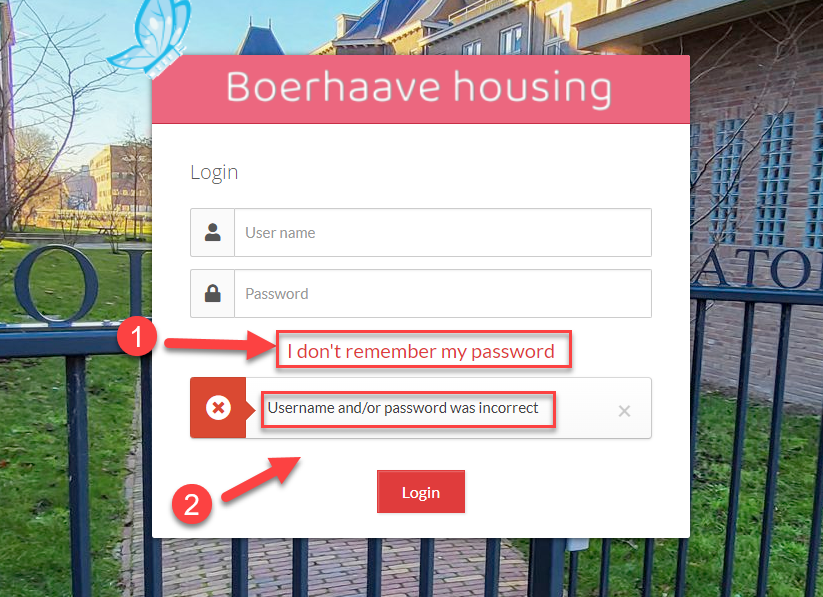Organisation of the Haarlemmerstraat complex
The complex consists of 14 flats on the first floor and above, accessible via the central hall, the central staircase at the rear and the walkway on the first floor at the rear.
The flats are owned by the Stichting Universitaire Woonwijk Boerhaave (SUWB).
Shops are located on the ground floor, owned by the Leids Volkshuis Management Foundation. The shops have an escape route at the rear via the corridor that gives access to the storerooms. The walkway at the rear on the first floor serves both as access for the flats and as a terrace for the flats on the first floor. The access routes to the flats should be kept free of obstacles. The concrete tiles on the walkway should not be removed and no objects should be wedged between the concrete tiles.
The outer doors of the central hall on the ground floor should be closed at all times due to the heavy pedestrian traffic on Haarlemmerstraat and an increased risk of burglary.
The pipework above the storerooms on the ground floor, under the walkway, should be kept closed at all times, except during inspections by mechanics. Use of this area as storage is strictly prohibited.
General
It is not allowed to occupy the properties with more persons than the number of persons registered for the respective property and for which the property is furnished. All tenants/occupiers must be registered in the Municipal Registration. If the tenants wish to deviate from this, permission from the Foundation Board is required.
Upon lease termination, inspection will take place by the caretaker. If there is contamination or damage, this must be cleaned and/or repaired BEFORE (or fat) departure on pain of compensation. It is not permitted to make changes to the accommodation. Alterations made will be repaired at the tenant’s expense.
Tenants/occupiers are obliged to keep the rented space well maintained and clean. This includes maintenance of painting, wall finishes, tiling, ceilings, unclogging of sanitary drains, as well as hardware and post boxes.
Tenants are responsible for damage and resulting nuisance caused by them (or their guests). Tenants must not, especially between 10pm and 7am, cause noise pollution to their fellow tenants. Tenants are obliged to allow the installation of ladders and/or scaffolding for the purpose of maintenance and/or cleaning of facades and windows.
It is not allowed to:
Keep pets.
Lay contact noise-causing floor covering (e.g. parquet) unless adequately sound-insulated.
It is not allowed to put up stickers or posters in the public areas.Nor is it allowed to hang washing to dry in the public areas.
Barbecue activities are also prohibited in the public areas.





